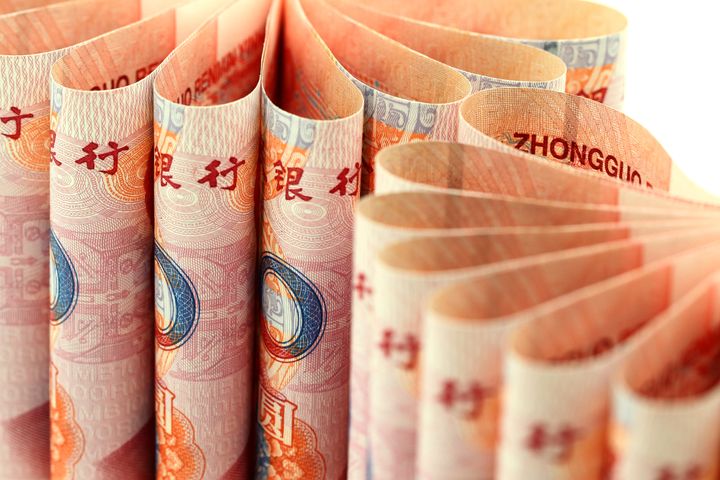 Chinese Yuan Can Avert the Troubles of Turkish Lira, Argentine Peso, SAFE Vice Chief Says
Chinese Yuan Can Avert the Troubles of Turkish Lira, Argentine Peso, SAFE Vice Chief Says (Yicai Global) March 29 -- The Chinese yuan is strong enough to ward off the turmoil that global emerging economies are going through, according to the vice chief of the nation's forex authority.
The yuan is able to defend itself against international capital flows, Xuan Changneng from the State Administration of Foreign Exchange told Yicai Global at the annual conference of the Boao Forum for Asia.
International capital flows have affected emerging market currencies before, Xuan said, giving examples. In 2013, the Federal Reserve in the US announced that it will stop its quantitative easing program, causing panic to sweep across the globe, particularly hitting Asian nations. The currencies of Argentina, Turkey, and Russia have also experienced turmoil to some extent in the past two years, while China has resisted the effects of this turbulence, Xuan added.
China's outstanding foreign debt equals to a small portion of its gross domestic product and its foreign exchange reserves rank first in the world. The People's Bank of China and the SAFE have introduced prudential macro policies and counter-cyclical measures to curb companies' excessive accumulation of foreign currency-dominated debt, Xuan said.
The Turkish lira has fluctuated since March 22, when the Turkish central bank suddenly announced that it will suspend the one-week repo auctions for an uncertain period of time. After this, the Turkish lira fell about 7 percent against the US dollar in intraday trading.
In Brazil, the turmoil originates from President Jair Bolsonaro's pension reform that has been questioned by the Congress, causing slumps in the nation's bourse and forex markets. Brazil's Ibovespa Index, has dived nearly 9 percent in one week, hitting a new low since January. The central parity of the Brazilian real against the US dollar has fallen over 3 percent to around BRL4, which is the biggest one-day drop in the past two years.
The Argentine peso has dropped by nearly 15 percent this year, following a depreciation of over 50 percent last year, making it the worst currency in the emerging markets. Traders said the central parity rate of the peso against the US dollar hit a record low of ARS43.9 on March 27. The South American currency's inflation rate has so far reached 50 percent from last year.
Editor: Emmi Laine